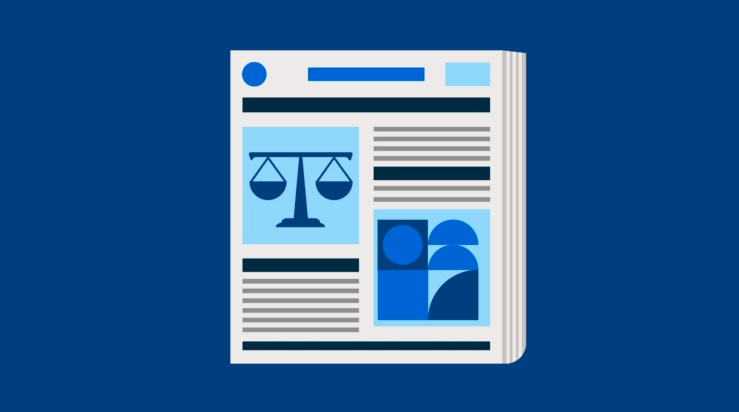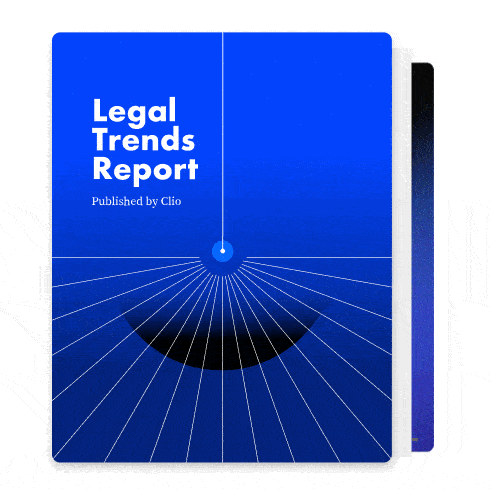There’s no denying that AI has become a hot topic in the legal profession. However, if you haven’t already found the AI tool of your dreams, figuring out where to start can feel overwhelming. While there are countless AI tools available that are designed specifically for lawyers, other, more “generic” tools have been touted as potential options for legal work.
To help you make an informed decision, we’ve compiled a list of the most talked-about AI tools that may be useful for legal work. As many of these tools are not designed for legal work, we break down the specifics, including each product’s capabilities and what lawyers should know about using them.
Keep in mind that information can change quickly. Consider this list as a starting point, and be sure to check directly with the AI tool provider before you get started to confirm the accuracy of the information listed below.
And before using any AI tool for legal work, remember to consider your ethical obligations and how they might impact your use of the tool. At the end of the day, lawyers must carefully vet any AI work product they rely on. Notably, many AI tools use inputted information for training purposes, meaning that lawyers must be careful about what information they share with these tools to avoid potential confidentiality issues.

Potential AI options for legal work
These days, there are countless AI tools available that offer varying options for streamlining work and communications. In this blog post, we’ll focus on a few more general AI tools and how they can be used for legal work.
ChatGPT
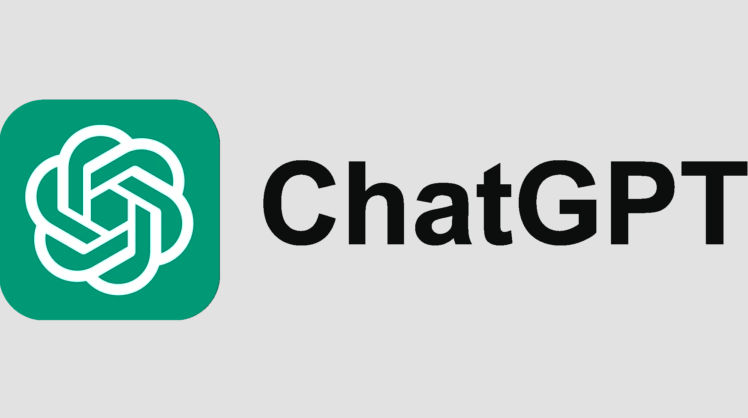
ChatGPT is an AI-powered chatbot from OpenAI. It was trained through reinforcement learning from human feedback. During this process, human AI trainers would converse as a user and an AI assistant, then rank chatbot responses to teach the chatbot how to respond appropriately.
Capabilities:
ChatGPT responds to open-ended text queries with paragraphs of text-written answers, making it a good option for lawyers looking for assistance drafting emails or marketing copy, or looking for help rewriting content.
ChatGPT recently released GPT-4o, which understands images, can browse the web, and speaks more languages. This model brings many of the paid capabilities to the free plan, which makes it an excellent opportunity to test out what’s possible without needing to pay.
Cost:
ChatGPT is free to use. If you’re looking for additional capabilities, you can subscribe to ChatGPT Plus for £16 per month. ChatGPT Plus offers priority access even when demand is high, faster response times, and priority access to new features.
What to know:
Keep in mind that ChatGPT’s different models have different knowledge cutoff dates, meaning that, depending on which version of ChatGPT you are using, the model’s response may only provide information to a particular point in time (for example, it may not be aware of recent legal developments). Free and premium users of ChatGPT may opt out of having their data used for training, but it is not off by default.
Claude AI
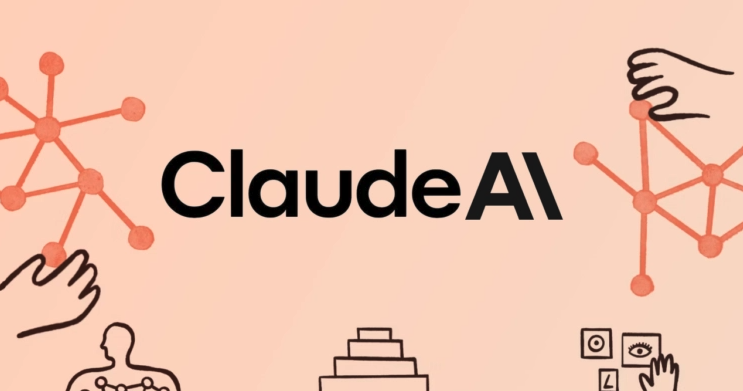
Claude AI is an AI-powered chatbot from Anthropic that responds to open-ended text queries with paragraphs of text-written answers. Similar to ChatGPT, the Claude LLM was trained with human AI trainers alongside publicly available data and content licensed from third parties.
Capabilities:
Claude can perform complex cognitive tasks, transcribe and analyse static images (including handwritten notes), create websites in HTML and CSS, and translate between various languages.
Cost:
Claude AI is free to use. If you’re looking for additional capabilities, you can subscribe to Claude Pro for £18 per month, allowing you more usage, priority access during high-traffic periods, and early access to new features.
What to know:
Claude differentiates itself from other AI models in its approach to privacy. Notably, Claude will not use user prompts or responses to train its models unless they provide explicit permission. This may be appealing for users who have confidentiality concerns; however, remember that it’s still essential to use discretion when inputting data into an LLM and to carefully review the provider’s terms of use.
Gemini

Gemini, formerly known as Google Bard, is Google’s AI model offering. Like other AI models on this list, Gemini responds to open-ended text queries with paragraphs of text-written answers. Researchers trained Gemini on publicly available data, and it can also obtain information from web sources like Google.
Capabilities:
Gemini can interpret and respond to various types of content, including text, video, audio, and code, allowing it to perform a wide range of tasks. As a suite of generative AI models, Gemini offers a range of different products and services designed to assist with different types of tasks. Notably, Gemini is showing up on mobile devices with functionality like Circle to Search (where you circle anything you are looking at on your phone to look it up) and with the upgrade to Google Assistant.
Cost:
Gemini is free to use. If you’re looking for additional capabilities, you can subscribe to Gemini Advanced. New users can subscribe to Gemini Advanced for free for up to two months. After the trial period ends, UK users will need to pay £18.99 per month to continue accessing the platform. Subscribing to Gemini Advanced provides you with access to the next-generation model of Gemini, the ability to upload Google Docs, PDFs, and more for summaries, 2 TB of storage from Google One, access to Gemini in Gmail and other Google products, and priority access to new features.
What to know:
Unlike some of the other AI model options on this list, Gemini can pull information from the web to respond to user queries. This may be valuable for lawyers who are looking for the most up-to-date information or conducting general research, as some other AI models rely on training data that may not be up to date.
Copilot for Microsoft 365
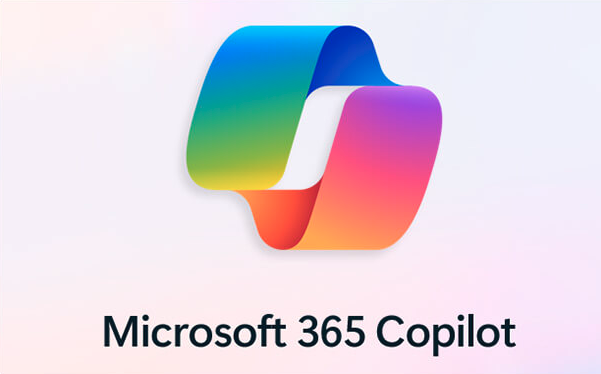
Copilot is an AI offering from Microsoft, offering, among others, Copilot for Microsoft 365, which integrates with Microsoft 365 apps such as Microsoft Office.
Capabilities:
Copilot for Microsoft 365 can help analyse trends, iterate on written text, summarise email threads, draft replies, and much more. Copilot for Microsoft 365 also inherits the security, compliance, and privacy policies you’ve set up in Microsoft 365.
Cost:
You can add Copilot for Microsoft 365 for £19 per month to an existing Microsoft 365 license.
What to know:
Copilot for Microsoft 365 could be a great option for lawyers who already use Microsoft 365 (including Microsoft Office, Word, and PowerPoint) day-to-day to enhance productivity in their work.
The right AI tool for legal work depends on your needs
Ultimately, the right AI fit for any law firm will depend on what you’re hoping to achieve. In any case, keep privacy and security top of mind: ensuring that your firm is using AI responsibly is essential for maintaining your professional obligations.
Whether you’re looking for help generating marketing ideas for your law firm or overhauling your workflows, chances are that there’s a tool out there that can help you. Some of the options listed in this blog post are great places to start but don’t forget about AI tools for lawyers specifically designed for legal work.
And, if you’re already using Clio Manage, stay tuned for Clio Duo, our forthcoming generative AI functionality built into the software you already know and love. Clio Duo serves as a dynamic AI-powered partner for legal professionals, acting as a coach, intuitive collaborator, and expert consultant while maintaining Clio’s platform-wide principle of protecting sensitive legal data.
Download our AI guide.
A Lawyer’s Guide to Artificial Intelligence
We published this blog post in July 2024. Last updated: .
Categorized in: Technology
Explore AI insights in our latest report
Our latest Legal Trends Report explores the shifting attitudes toward AI in the legal profession and the opportunities it brings for law firm billing, marketing, and more.
Read the report